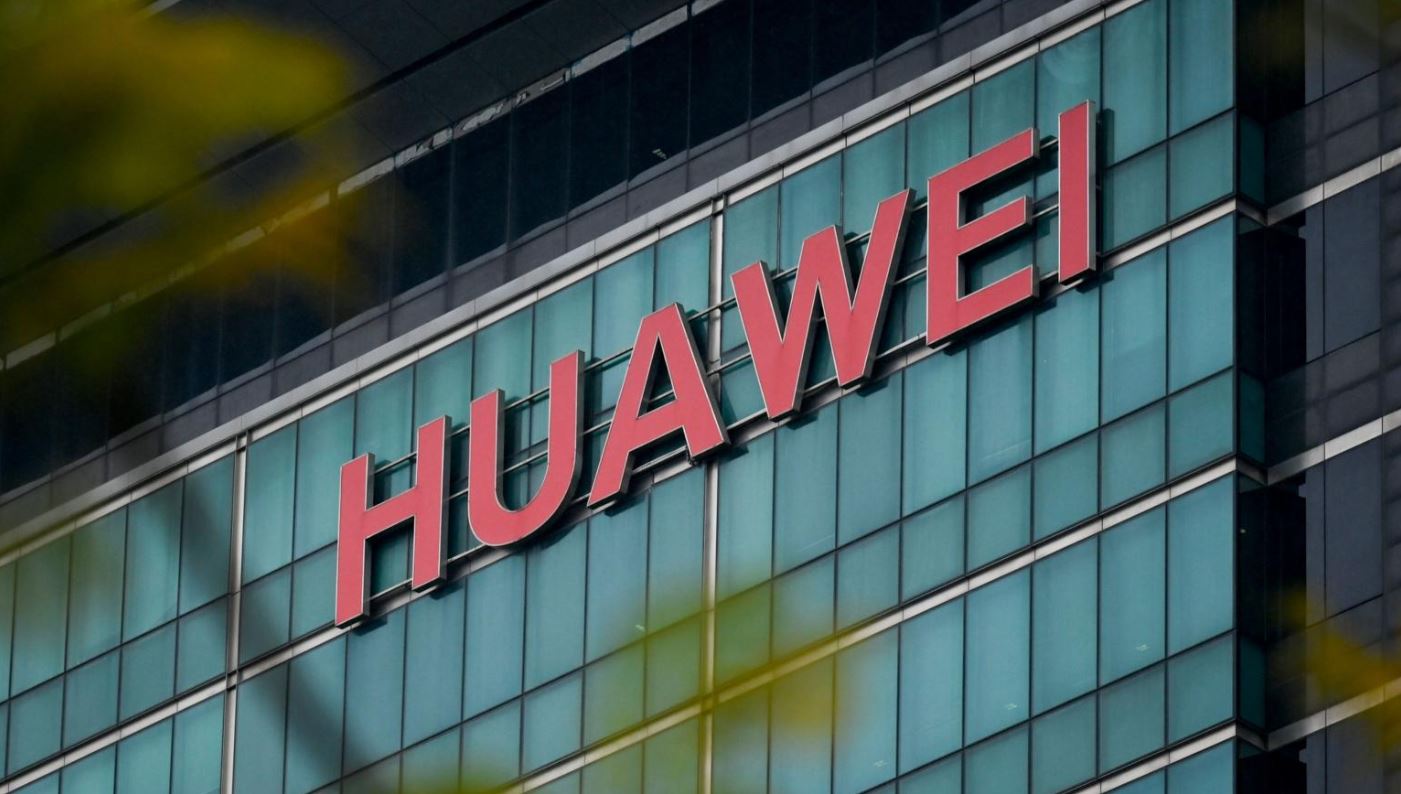News
Huawei can build its products without US components, blacklisting has limited impact: Chairman

The US government has announced a new reprieve for Huawei that’ll allow the company to serve its existing customers in the country, which will have a little impact on the Chinese tech giant, says a senior Huawei executive.
Huawei Chairman, Liang Hua in an interview with CNBC said, Huawei is able to ship its products to customers without relying on U.S. parts, at the East Tech West conference in the Nansha district of Guangzhou, China on Monday.
“No matter whether there will be an extension, in terms of its real impact on Huawei, it will be very limited,” Liang said in translated remarks during a panel. “Our products are able to be shipped without the reliance on the U.S. components and chips.”
This year in May, the US Commerce Department added Huawei into the Entity-List and imposed trade restrictions that prohibit it from buying US technologies.
Liang said that if U.S. companies are not allowed to sell to Huawei it could “pose bigger damage” to them. Huawei has the ability to ensure all of its main products, including 5G base stations, can be manufactured and supplied to its customers without relying on U.S. parts.
Last month, Huawei announced to achieve more than 60 commercial contracts for 5G with leading global carriers and shipped more than 400,000 5G base stations. Moreover, it’s looking to over 500,000 bases stations by this year.
According to the information, Huawei’s annual production next year is expected to surpass 1.5 million units, compared with 600,000 estimated for this year, and some of them also include parts made in the US.
Ren Zhengfei, Huawei founder and CEO said the company is planning to sell more than 2 million 5G base stations over the next two years, despite the US ban.
In September, a report reveals that Huawei has already started producing 5G base stations without U.S. components and the total production of 5G base stations should more than double in 2020.







